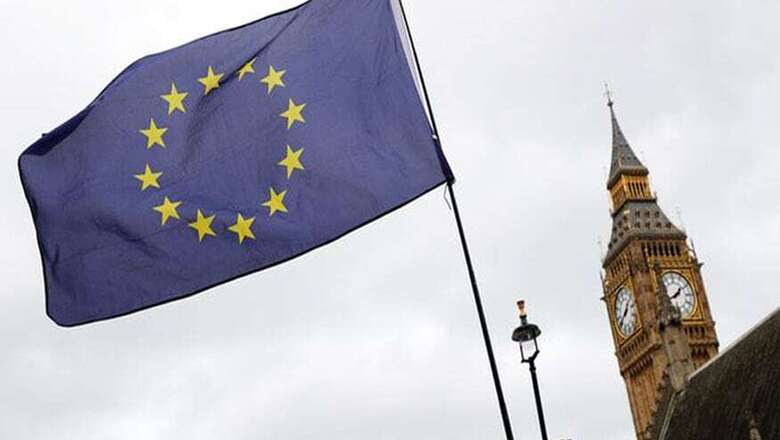
views
Brussles: An EU delegation has been given access to China's far western region of Xinjiang, a rare chance to gather evidence on controversial re-education camps that have drawn harsh criticism from rights groups and Western powers, officials told AFP Monday.
The team was supervised by Chinese officials on the three-day trip this month, but managed to gather information the EU said builds on "compelling and mutually consistent" reports of rights abuses in the region.
Up to a million Uighurs and members of other mostly Muslim minority groups are held in extra-judicial detention in camps in the Xinjiang region, according to a group of experts cited by the United Nations.
This was the first visit to Xinjiang by a multinational body such as the EU since Beijing acknowledged the existence of the camps, which it calls "vocational training centres".
It followed another trip last month, also led by the Chinese government, by diplomats from Russia and 11 Asian countries, most with large Muslim populations.
UN human rights chief Michelle Bachelet has said her office is seeking access to Xinjiang to check reports about the camps, with Beijing insisting UN officials can come on condition they stay out of the country's internal affairs.
Beijing says the centres help people drawn to extremism steer clear of terrorism, and allow them to be reintegrated into society.
But the programme has faced fierce criticism, notably from Washington and human rights groups.
Former camp inmates have said they were detained for following Islamic customs such as wearing long beards or the veil.
An EU official confirmed a team of three visited the Xinjiang cities of Urumqi and Kashgar from January 11 to 13, "with the agreement and facilitation of the central and provincial authorities".
During the trip, the officials were given "extensive supervised access" to sites including mosques, an Islamic teaching institute and one of the controversial "training centres".
- 'Useful insight' -
"Whilst the sites that were visited were carefully selected by the authorities to support China's official narrative, the visit provided useful insight which complements other sources of information (including reports by UN bodies, international media, academic researchers, and N Gos)," the EU official said.
"Many of these sources provide compelling, and mutually consistent, evidence of major and systematic human rights violations in Xinjiang."
Critics say China is seeking to assimilate Xinjiang's minority population and suppress religious and cultural practises that conflict with Communist ideology and the dominant Han culture.
A source familiar with the EU trip said the delegation was shown "more or less" the same sites than diplomats on the earlier visit, including an exhibit of past terror attacks in Xinjiang.
The officials got the impression that the Chinese authorities had carefully curated the trip to try to give a good impression — a school they visited had been freshly painted and it appeared that surveillance cameras had been removed.
They were left with the impression that the things said by the people they talked to were "scripted".
The narrative the Chinese authorities were trying to convey is that "we do a lot to make the livelihood of people there better", the source said.




















Comments
0 comment